5G Economic Impact and Smart Cities
5G is changing the way we think about cities. It’s a hot topic right now because it can help us tackle many of the problems that come with crowded urban living. Cities are growing fast, and with that comes challenges like managing resources, keeping people safe, and taking care of the planet. That’s where 5G technology steps in. It’s not just a fancy upgrade in speed; it’s a big deal for how cities can become smarter and better for their residents.
What Are Smart Cities and How Does 5G Help?
Smart cities use technology to make life better for people. They take in lots of data from various sources to make informed decisions about how to manage everything from traffic to water supply. 5G is like the superhighway for this flow of information. It’s lightning fast and can connect many devices at once. This means that smart streetlights, traffic sensors, and even smart waste bins can all talk to each other seamlessly.
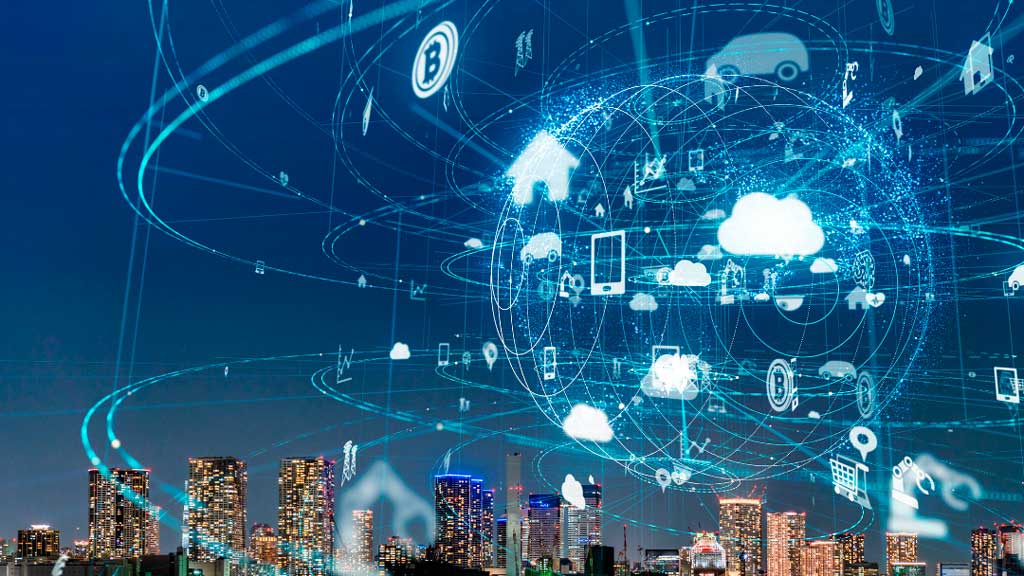
For a city to be smart, it needs to gather and analyze a lot of data quickly. Old networks, like 4G, can’t handle the huge amount of information that smart cities generate. But 5G can. It allows cities to monitor everything in real time, whether it’s checking energy use, managing traffic, or responding to emergencies.
Infrastructure Improvements: Traffic, Waste, and Energy Management
5G makes a big difference in how urban infrastructure gets managed. This leads to smoother streets, less trash, and lower energy use.
Traffic Management: Traffic jams are one of the biggest headaches for city dwellers. With 5G, cities can set up smart traffic systems. These systems get data from sensors in the roads and cars. This means traffic lights can change based on the actual flow of cars. Buses and other public transport options can be coordinated better too. Faster communication means everything can adjust on the fly, which cuts down on delays and fuel use.
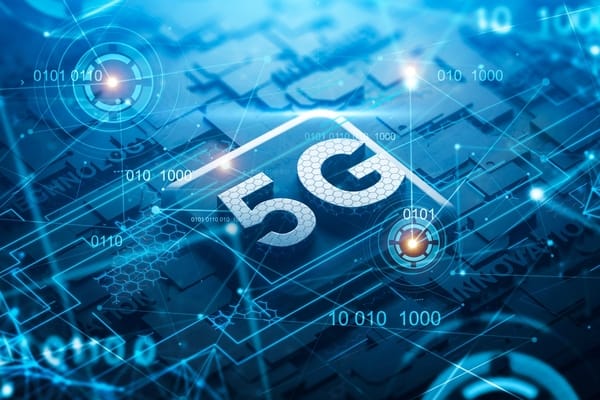
Waste Management: Throwing away garbage is another area that benefits from 5G. Smart bins can now signal when they’re full, so trucks only pick them up when they need to. This cuts down on unnecessary trips and saves money. Plus, 5G lets cities keep track of recycling rates and improve their overall waste management efforts.
Energy Monitoring: 5G helps with energy use as well. With smart meters and grids, cities can track how much energy is being used in real time. This means they can quickly see where energy is going and make adjustments. It helps prevent outages, lowers power bills, and is better for the environment.
Keeping People Safe: Real-Time Data for Better Security
When it comes to public safety, 5G plays a huge role. It helps cities respond to emergencies faster and understand what’s happening on the ground at any moment.
Surveillance: Cities can deploy more high-definition cameras and sensors thanks to 5G technology. These devices can send live video feeds to police stations, helping authorities keep an eye on things. With quicker access to data, they can spot unusual behavior and act before minor issues become big problems.
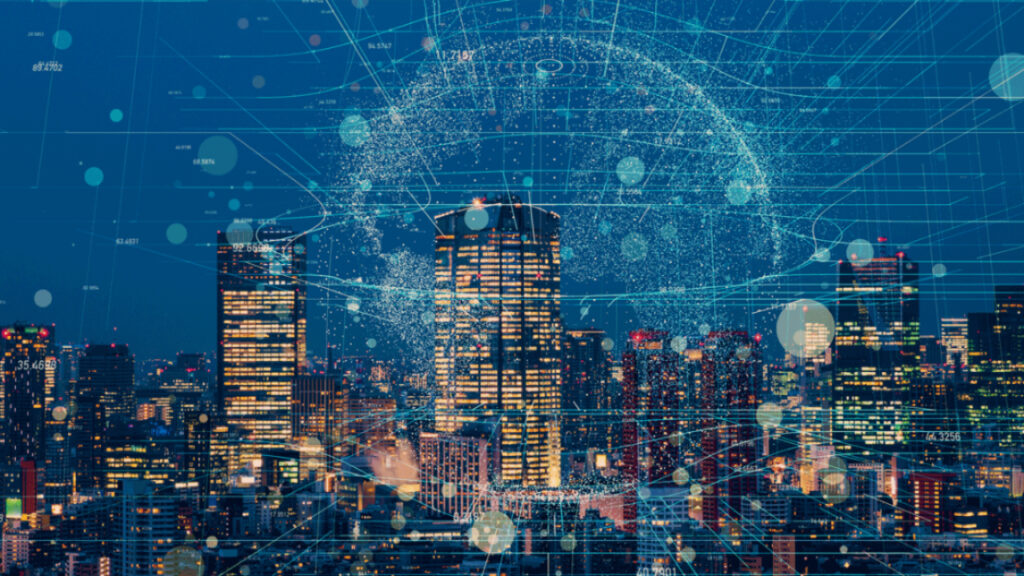
Emergency Services: In emergencies, every second counts. 5G allows first responders to receive live updates from various sources. Whether it’s a fire or a medical emergency, this tech allows them to make better decisions quickly. Real-time data from drones or wearables can provide critical information to improve their response efforts.
Sustainability: Monitoring Pollution and Efficient Resource Use
Sustainability is a big deal for cities, especially as they keep growing. 5G helps cities monitor what’s happening in their environment and manage resources better.
Pollution Tracking: Cities can use sensors to keep an eye on air quality. 5G ensures these devices can relay data instantly, so if pollution spikes, cities can respond quickly. This leads to healthier air and a better quality of life for residents.
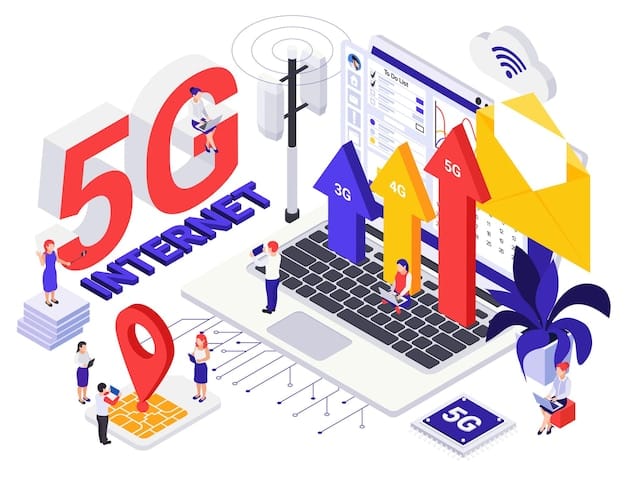
Energy Efficiency: 5G enhances smart grids that manage energy throughout the city. It helps track usage patterns so that energy can be distributed more effectively. By connecting renewable energy sources, like solar panels, cities can ensure they are using energy responsibly.
Waste Management: 5G plays a role here too. With the ability to monitor waste production in real time, cities can reduce how much goes to landfills and improve recycling. It enables smarter sorting at the source, which leads to better processing of recyclable materials.
The Upsides: Better Life, Less Waste, and More Efficiency
Thanks to 5G, smart cities can create a better living environment. Here’s how:
Better Efficiency: With real-time data, cities can run smoother operations. This means optimized traffic flow, improved public transport, smart waste management, and reduced energy use. Everything becomes more organized, saving both money and resources.
Quality of Life: People living in smart cities enjoy better services. Less traffic congestion means quicker travel times. Improvements in safety and public health can make a significant difference. Plus, access to digital services is easier, which enhances day-to-day living.
Sustainable Practices: With all the monitoring 5G enables, cities can be more eco-friendly. They can cut down usage and waste, lowering emissions. More efficient cities can also play their part in fighting climate change for future generations.
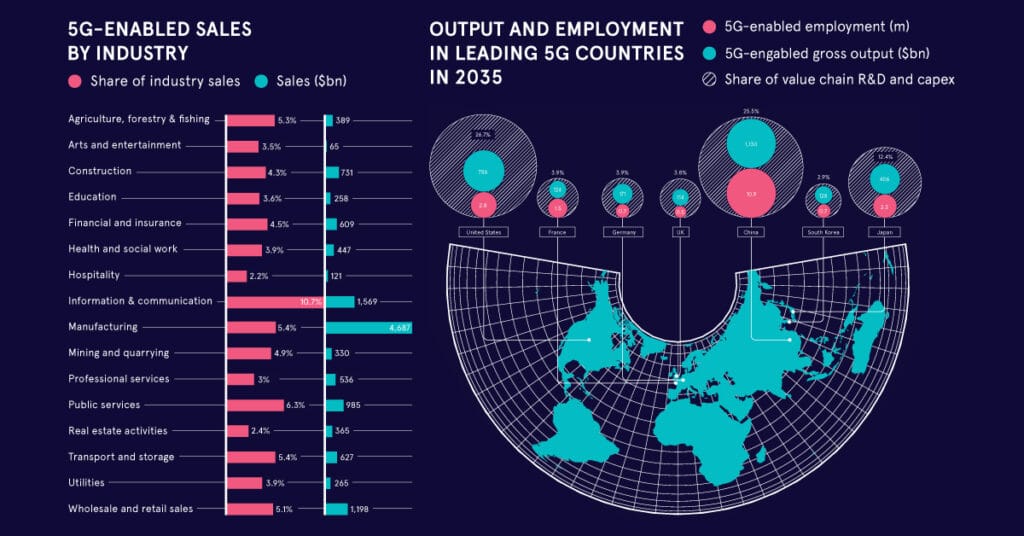
The Downsides: Privacy, Surveillance, and Economic Gaps
While there’s a lot to love about 5G in smart cities, there are challenges too.
Privacy Issues: A major worry is how all this technology collects data. With cameras and sensors everywhere, there’s potential for privacy invasions. Without proper safeguards in place, people might feel they’re being watched all the time.
Surveillance Concerns: Related to privacy is the question of surveillance. While it can help keep cities safe, how much is too much? Questions arise around the ethics of using technology, like facial recognition, especially if it’s used poorly.
Economic Disparities: Another issue is that not everyone may benefit equally from 5G. Big investments are needed to get cities up to speed. Some areas, especially in developing nations, may miss out on these benefits. Plus, automation and the rise of smart tech could replace some jobs, requiring new plans for training and employment.
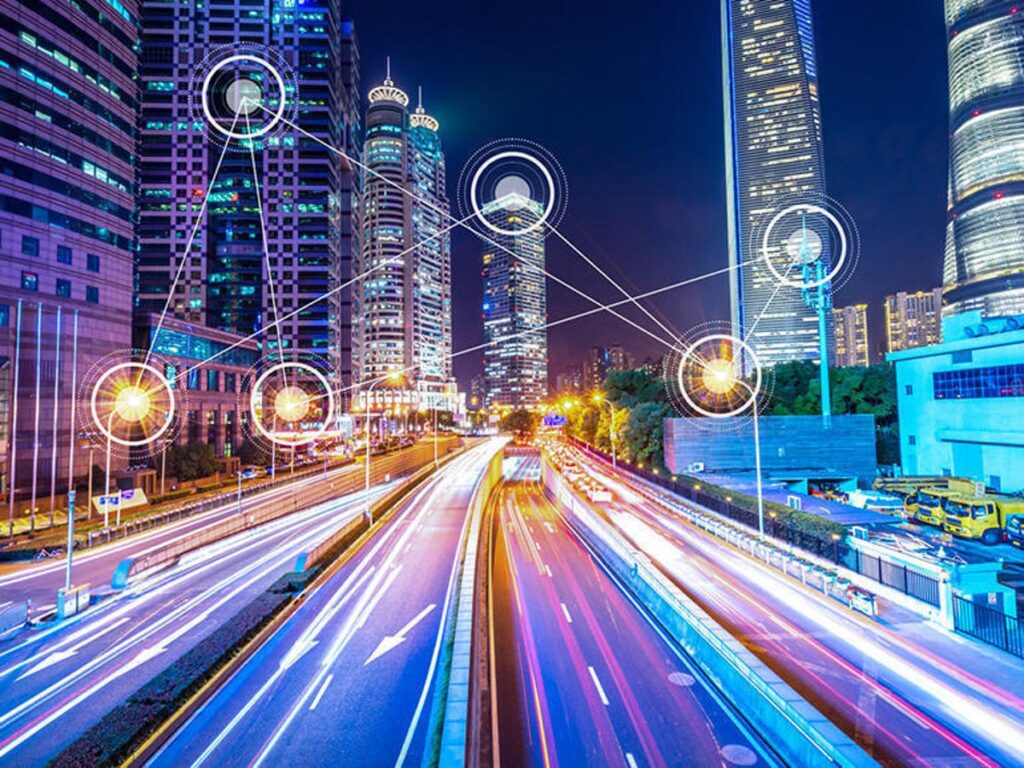
The Economic Impact of 5G Technology
5G isn’t just about smart cities; it has a massive impact on the economy too.
Job Growth: The rollout of 5G networks will create many jobs. These jobs will be in many areas including tech, telecommunications, and new industries that grow because of 5G. With more technology at our fingertips, creative and innovative job opportunities will arise.
Boosting Key Industries: Sectors like transportation and smart city tech will see significant growth. For example, self-driving cars need 5G to work smoothly. As these technologies become mainstay, entire new markets will form, leading to additional job creation and economic development.
Investment Challenges: Yet, getting down to business with 5G needs huge initial investments. Cities will need to build new infrastructure, which costs money. Plus, some jobs will disappear because of automation, and there might be a need for new training programs to help workers adapt to these changes.
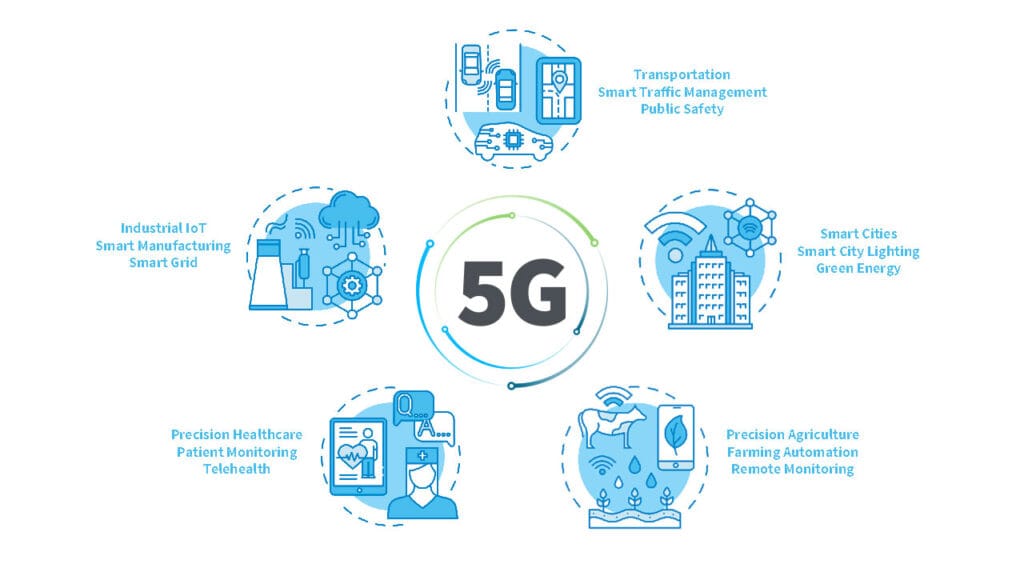
Government Support and Teamwork for 5G Rollout
Governments have a big role in getting 5G networks off the ground. They must create policies that ensure 5G benefits everyone equally, while also putting privacy and security at the forefront. Countries need to collaborate too, ensuring that networks can work together. This way, we can make the most out of what 5G has to offer.
In closing, the growth of 5G technology presents exciting possibilities for both smart cities and the global economy. At the same time, we need to keep an eye on challenges such as privacy, surveillance, and fairness. By addressing these issues together, we can harness the benefits of 5G while making sure it serves the community as a whole.




[…] These self-driving cars use tons of different sensors, cameras, radar, and smart computer programs to understand the world around them. To move from regular cars to fully self-driving vehicles, we really need advanced technology. These cars need to process information quickly and make smart decisions based on what’s happening around them. Still, even the best sensors have challenges when it comes to sharing important information in real-time with other cars, traffic signals, and the internet. That’s where 5G comes in. This new technology can send and receive data super fast and with very little delay. It can connect many different devices at the same time. For self-driving cars to work properly, they need to share information quickly. Thanks to 5G, these cars can communicate with each other and their surroundings without missing a beat. This means they can react quickly and more accurately to whatever happens on the road.(5G and Self-Driving Cars: Changing the Way We Travel) […]